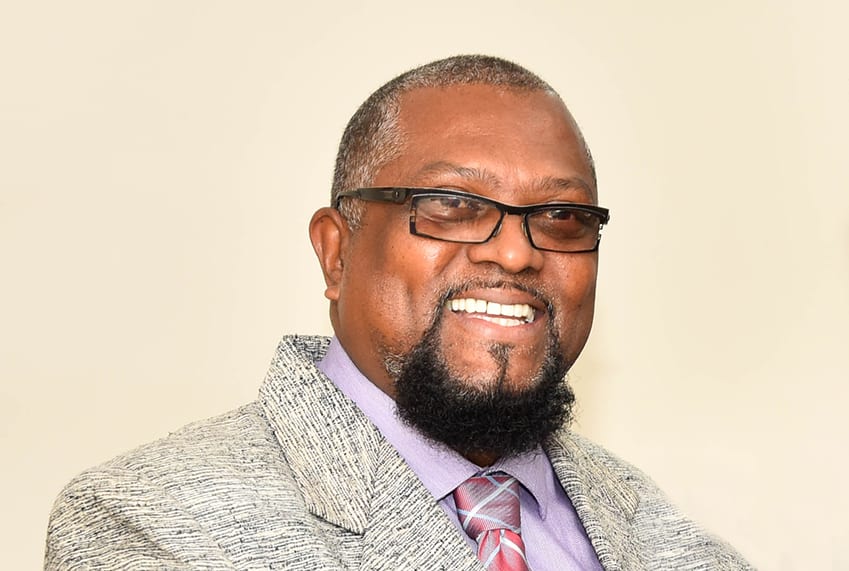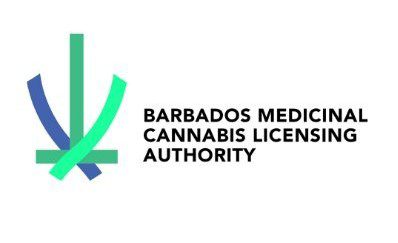
Despite the emergence of the COVID-19 pandemic, the Ministry of Agriculture and Food Security was successful in its implementation of plans for the island’s medicinal cannabis industry.
This was outlined last Thursday by Agriculture Minister Indar Weir, during his address to Barbadians overseas in the online Dialogue with the Diaspora, hosted by Ambassador to the United States of America and the Organization of American States, Noel Lynch, on the Zoom platform.
The Minister highlighted that the Barbados Medicinal Cannabis Licensing Authority (BMCLA) continued with its plans for the medicinal cannabis industry, passing regulations, and by January of this year was able to fully launch a new industry giving a new deal to all Barbadians. Calling it a “tremendous job”, he divulged that, to date, there were 84 applicants who had expressed interest in participating in the industry.
“I am happy to note that of the 84 applicants, majority are Barbadians…or Barbadians with international connections,” Minister Weir said, as he registered his satisfaction.
Those in the diaspora were told that any international investment in the medicinal cannabis industry in Barbados must also attract 30 per cent local investment with 70 per cent going to international investment.
And, while the Minister emphasised that at no point in time, a Barbadian could be left out of the industry, he added: “We have equally said that any Barbadian that is participating is allowed 100 per cent participation. So, the fact that you are a Barbadian and you want to join the industry you do not have to create space for anyone to participate with you; you can do that all alone.
“But if you are an international investor, then you have to create space to give 30 per cent ownership to Barbadians and to my mind that is a significant move as we try to make sure that this industry is an industry for Barbadians and not like we did in the past, with sugar, where we exported everything in bulk and the wealth was concentrated in a very small area. Today, I am pleased to report to you that of the 84 applications received so far, we are at the point where we can soon deliver an approval for three of those applications and continue to work with the others.”

Admitting it was not a simple process, Mr. Weir said: “Inasmuch as people may think you apply and you get a licence, this is not how it works…. We do our thorough due diligence globally and indeed within the region. It takes as much as 12 months to get an approval. We have set our target at four months simply because we believe that given all that we have learnt from the other jurisdictions that we can fast track approvals, but it still takes time.”
He emphasised that security was a strong part of the industry and noted that having international standards that would get the country into the European market was equally important.
Adding that it was not enough to just focus on growing cannabis, he told his audience at the same time the country had to see how it could get the best and find the best globally to be able to deliver this in the industry.
The Agriculture Minister further suggested that to achieve this, Barbados had to make sure it followed and adapted the best standards for the industry that were globally recognised and cutting edge “in terms of who we are; in terms of research and development, … enfranchisement of our people, … a new deal for tourism and of course in terms of a new deal for training and development of our people”.
“The medicinal cannabis industry should then add an additional layer of opportunity for us to earn tourism that would bring Barbados now in line with other destinations that are already in the industry,” he stated.
Management and staff of the BMCLA were commended for the success. However, Minister Weir pointed out there was still work to be done. Elaborating, he stressed: “That work must now involve how we position Barbadians in the industry, not simply by way of saying we want you to get 30 per cent of any investment that comes internationally; not simply by saying ‘if you have the financial resources you can have 100 per cent ownership’; but how we can then do synergies with government; creating those PPPs (public private partnerships) for Barbadians to also participate.”
